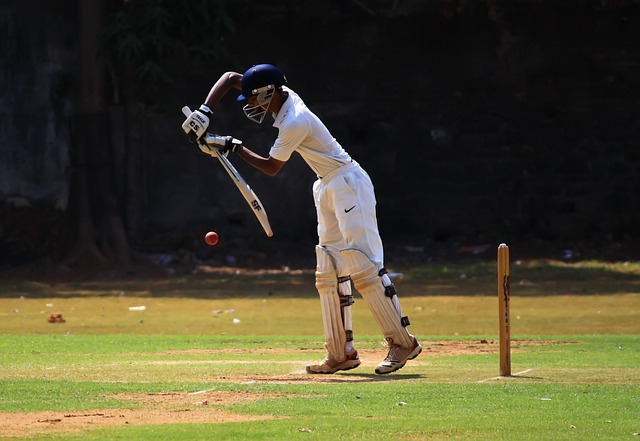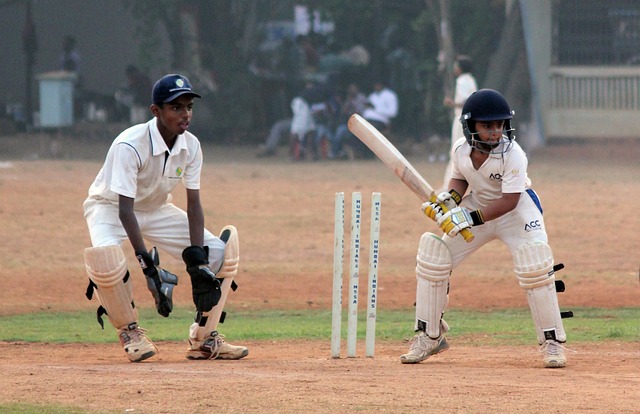Weekend sports betting is a favorite pastime for millions of fans around the world. Whether you’re placing a few casual bets on football, basketball, or UFC fights, or taking a more serious approach to wagering, bankroll management is what separates responsible, long-term bettors from those who burn through their funds in one afternoon.
This guide explores how weekend sports bettors can manage their bankroll wisely—helping you make smarter bets, avoid emotional decisions, and enjoy the game without regret.
Why Bankroll Management Matters
Your bankroll is the total amount of money you’ve set aside specifically for betting. Without a plan for how much to risk, you might overbet on a single game, chase losses, or blow your budget in one losing streak.
Proper bankroll management helps you:
- Avoid emotional decisions after losses
- Stay in the game longer, even during rough patches
- Make more objective, strategic bets
- Track performance over time
- Maintain control over your gambling habits
Even if you only bet on weekends, discipline is key to long-term success.
Set a Dedicated Bankroll for the Weekend
Start by determining how much money you’re willing to risk each weekend. This should be an amount you can afford to lose without affecting your essential expenses or causing financial stress.
For casual bettors, this might be $20–$100 per weekend. For serious punters, it could be more. What matters is that the amount is predefined and strictly followed.
Once you’ve set your weekly bankroll:
- Don’t dip into next week’s funds if you lose early
- Don’t increase your budget impulsively after a big win
- Keep your betting money separate from your personal finances
This separation helps create a psychological buffer, reducing the urge to overspend.
Use Unit Betting to Stay Consistent

One of the most effective strategies for bankroll management is betting in units. A unit is a fixed percentage of your total bankroll—usually between 1% and 5%.
For example, if your weekend bankroll is $100:
- 1 unit = $1 (1%)
- 2 units = $2 (2%)
- Max bet (5 units) = $5 (5%)
Most bets should fall in the 1–2 unit range, with higher confidence picks rising to 3–5 units. This system helps you:
- Adjust stakes to match your confidence level
- Limit damage during losing streaks
- Maximize value when you spot a strong edge
By thinking in units instead of dollars, you stay level-headed and objective, even after a bad beat or a lucky win.
Avoid Chasing Losses
Weekend bettors often fall into the trap of trying to make it all back on the late-night game after a day of losses. This is called chasing, and it’s one of the fastest ways to drain your bankroll.
If you’re down early:
- Stick to your remaining units
- Don’t increase your stake hoping for a miracle
- Accept losses as part of the long-term journey
Even the best sports bettors win only about 55–60% of the time. You will lose bets. Smart bankroll management means you survive losses so you can capitalize on your next winning opportunity.
Spread Your Bets, Don’t Stack Them
It can be tempting to go all-in on one “sure thing” or build a massive parlay for a big payout. But high-risk betting often leads to losing your entire bankroll in one go.
Instead:
- Spread bets across multiple games
- Mix singles with small parlays if you enjoy them
- Don’t stake more than 5% of your bankroll on any single event
Diversifying your bets allows you to ride out variance and improves your chances of finishing the weekend with profits—or at least minimal losses.
Track Your Results Every Weekend
If you’re serious about getting better at sports betting, you need to track your performance. Use a simple spreadsheet or a tracking app to log:
- Bet type (spread, moneyline, over/under, etc.)
- Stake and odds
- Outcome (win/loss/push)
- Units won or lost
After a few weekends, you’ll notice patterns:
- Which sports you’re most successful in
- Which bet types yield better ROI
- How often you overbet on emotion
This data helps you adjust your strategy, optimize future wagers, and grow as a more disciplined bettor.
Take Breaks When Needed

Weekend betting can be exciting, but it’s easy to let losses—or even a streak of wins—affect your mindset. If you feel emotionally drained, frustrated, or tempted to bet more than you should:
- Take a weekend off
- Reassess your goals and betting limits
- Consider whether you’re still enjoying the experience
Smart bankroll management includes knowing when not to bet. Betting should be fun and calculated—not stressful or compulsive.
Final Thoughts
Bankroll management is the backbone of responsible sports betting, especially for weekend warriors who want to enjoy their hobby without it turning into a financial burden. By setting limits, betting in units, avoiding emotional decisions, and tracking your results, you give yourself a real chance to enjoy the highs and manage the lows.
Whether you’re a casual bettor looking for a little excitement or a sharp punter chasing long-term value, managing your bankroll wisely ensures that you stay in control, not the game.
